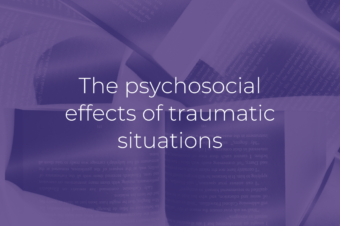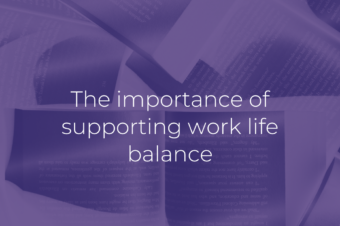
Stress Awareness Month has been held every April, since 1992, and is aimed at increasing public awareness about both the causes and cures for our modern stress epidemic.
Stress is a significant factor in mental health problems including anxiety and depression. It is linked to physical health problems like heart disease, problems with our immune system, insomnia and digestive problems. Individually, we need to understand what is causing us personal stress and learn what steps we can take to reduce it for ourselves and those around us.
Get moving
Increase your activity level, as regular exercise can lift your mood and serve as a distraction from worries, allowing you to break out of the cycle of negative thoughts that feed stress. Rhythmic exercises such as walking, running, swimming and dancing are particularly effective, especially if you exercise mindfully (focusing your attention on the physical sensations you experience as you move).
Connect to others
Talking face-to-face whether in person or virtually can trigger hormones that relieve stress when you’re feeling agitated or insecure. Even just a brief exchange of kind words or a friendly look from another human being can help calm and soothe your nervous system. Spend time with people who improve your mood and don’t let your responsibilities keep you from having a social life.
Engage your senses
Sight, sound, taste, smell, touch or movement; the key is to find the sensory input that works for you. Does listening to an uplifting song make you feel calm? Or smelling ground coffee? Or maybe petting an animal works quickly to make you feel centred? Everyone responds to sensory input a little differently, so experiment to find what works best for you.
Learn to relax
Control how stress affects you. Relaxation techniques such as yoga, meditation, Pilates and deep breathing activate the body’s relaxation response – a state of restfulness that is the polar opposite of the stress response. When practiced regularly, these activities can reduce your everyday stress levels and boost feelings of joy and serenity. They also increase your ability to stay calm and collected under pressure.
Eat a healthy diet
Food can improve or worsen your mood and affect your ability to cope with life’s stressors. Eating a diet full of processed and convenience food, refined carbohydrates and sugary snacks can worsen symptoms of stress, while a diet rich in fresh fruit and vegetables, high-quality protein and omega-3 fatty acids, can help you cope better with life’s ups and downs.
Get your rest
Being tired may increase stress and, at the same time, chronic stress can disrupt your sleep. Whether you’re having trouble falling asleep or staying asleep at night, there are plenty of ways to improve your sleep so you feel less stressed and more productive and emotionally balanced.
If you found this article useful, you might like this one.








